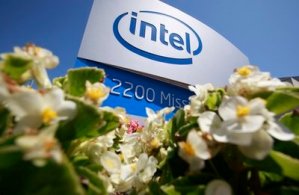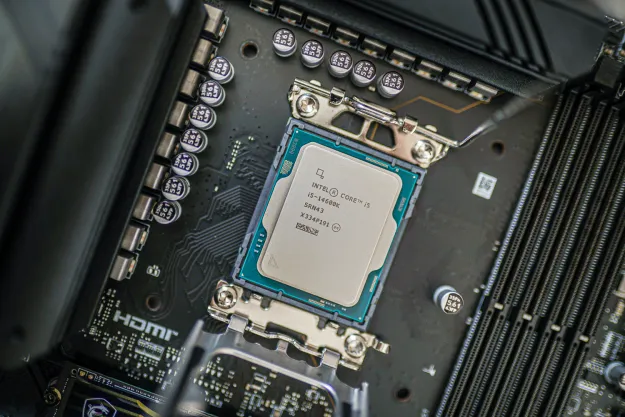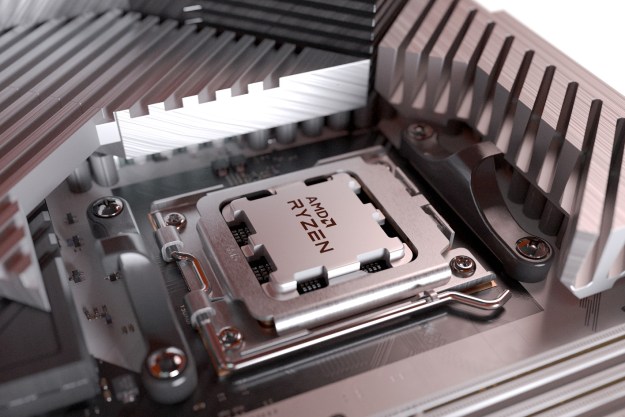
Technology giant Intel and the Federal Trade Commission have announced a tentative settlement to the long-running antitrust litigation against the chipmaker. Under the terms of the deal, Intel will be be barred from paying computer makers not to use chips from competitors, or from retaliating against computer makers who use non-Intel suppliers. However, Intel will be paying no fines for more than a decade of alleged wrongdoing—although, of course, Intel maintains it has not done anything wrong.
“This case demonstrates that the FTC is willing to challenge anticompetitive conduct by even the most powerful companies in the fastest-moving industries,” said FTC Chairman Jon Leibowitz, in a statement. “By accepting this settlement, we open the door to competition today and address Intel’s anticompetitive conduct in a way that may not have been available in a final judgment years from now.”
The settlement applies to Intel’s CPU, graphics technologies, and bundles chipsets, and prohibits Intel from using bundled prices, special offers, or even threats to get computer makers to run with Intel gear rather than systems from competitors. Intel will also have to change its intellectual property agreements with graphics developers Nvidia, AMD, and Via Technologies so those companies are more able to enter into mergers or joint ventures, and maintain the PCI Express bus for at least six years in a way that won’t impede development of graphics technologies.
Intel will also have to come clean that Intel’s compilers favor Intel chips and may not use all features of non-Intel chips; Intel will also be barred from deceiving computer maters about the performance of non-Intel processors and graphics systems.
Intel does not admit to any violation of law, nor does it cede that the facts alleged in the FTC’s complaint against it are true: it sees the settlement as a way to put years of antitrust litigation behind the company.
“This agreement provides a framework that will allow us to continue to compete
and to provide our customers the best possible products at the best prices,” said Intel senior VP and general counsel Doug Melamed, in a statement. “The settlement enables us to put an end to the expense and distraction of the FTC litigation.”
Intel will not be paying any fines as part of the settlement; in contrast, the European Union levied a $1.45 billion fine against Intel in May 2009 for many of the same practices, the largest antitrust fine ever issued by the European Commission. Intel continues to appeal that ruling.
Editors' Recommendations
- I’ve used Intel CPUs for years. Here’s why I’m finally switching to AMD
- I tested Intel’s XeSS against AMD FSR — and the results speak for themselves
- As a lifelong PC gamer, these are the apps I couldn’t live without
- Nice try, Intel, but AMD 3D V-Cache chips still win
- Intel just launched the ‘world’s fastest’ CPU



